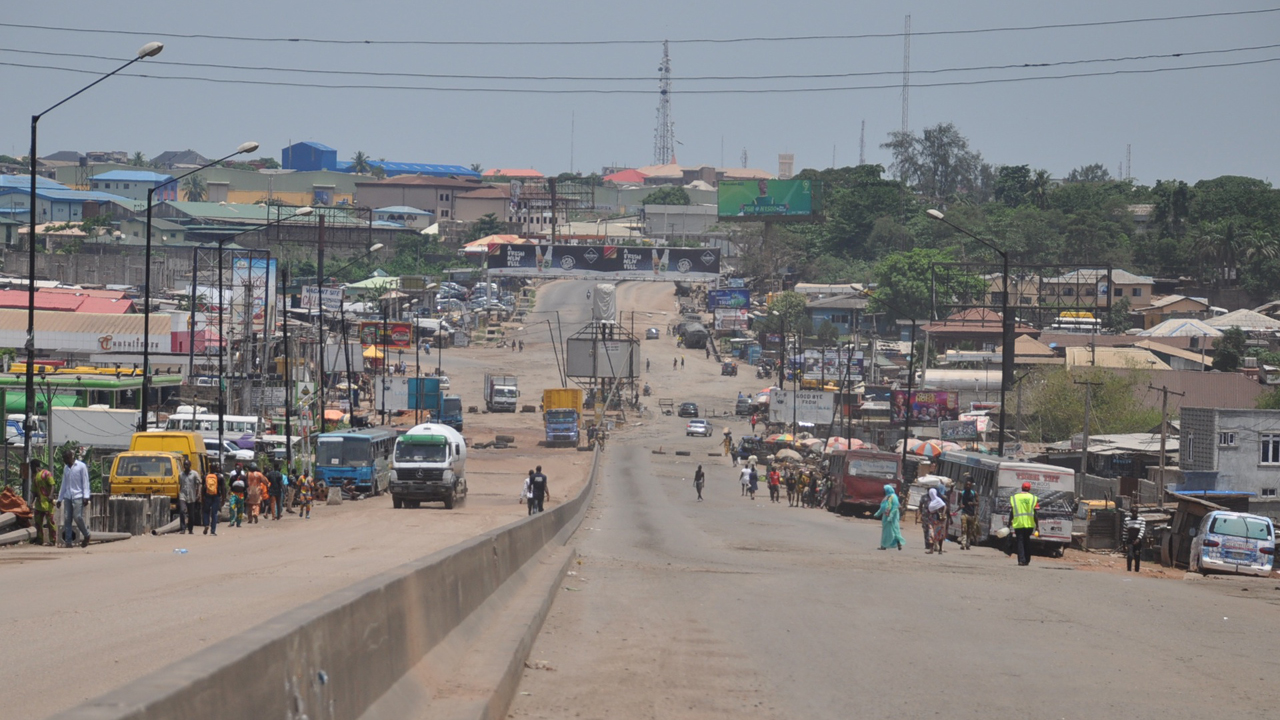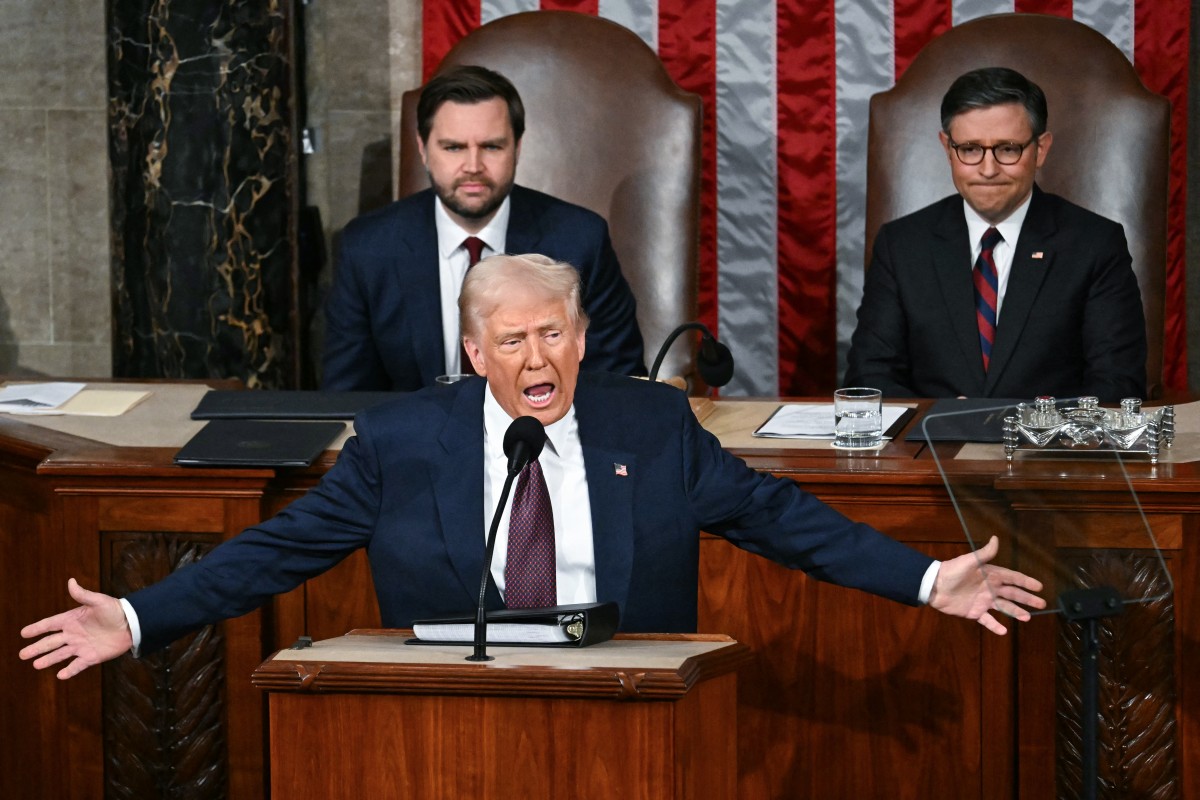From the National Cash Transfer Office (NCTO) has come clarification that only one million vulnerable Nigerian households on the National Social Register (NSR) would get the N20,000 palliative from the Federal Government to cushion the impact of the lockdown necessitated by the COVID-19 pandemic.
The National Coordinator, National Social Safety-Nets Coordinating Office (NASSCO), Lonwa Apera, told The Guardian that the National Transfer cash Office (NCTO) had worked with various state governors to develop the NSR of poor and vulnerable people in 35 states and the Federal Capital Territory (FCT) besides Ogun State.
He stated that the cash transfer that was kicked off by the Minister of Humanitarian Affairs was for existing beneficiaries of the programme, and not every Nigerian.
President Muhammadu Buhari had directed that N20,000 be paid to each vulnerable household through the social investment scheme to cushion the impact of the lockdown.
The Minister of Information, Lai Mohammed, had, however, disclosed that N60 billion had been disbursed to 2.5 million households within two days of the kick-off of the disbursements.
Apera disclosed that the government was using the register to reach the poor with the cash transfer.
“At the moment, the cash transfer is paying one million poor and vulnerable households. We plan to rapidly increase this number to two million in the next payment round in May.”
According to him, the government is also using the register to provide food rations to those who are not on the cash transfer but have children of school age.
The coordinator said the Buhari government would intensively expand the list to include the urban poor, adding that the number in the document would hit four million households by June 2020.






